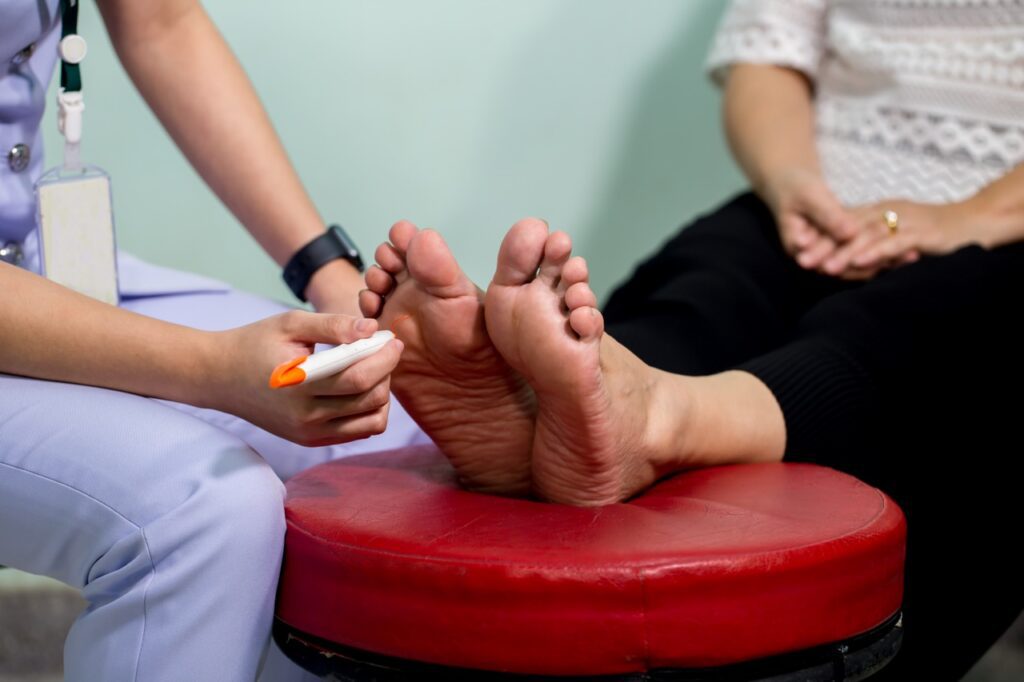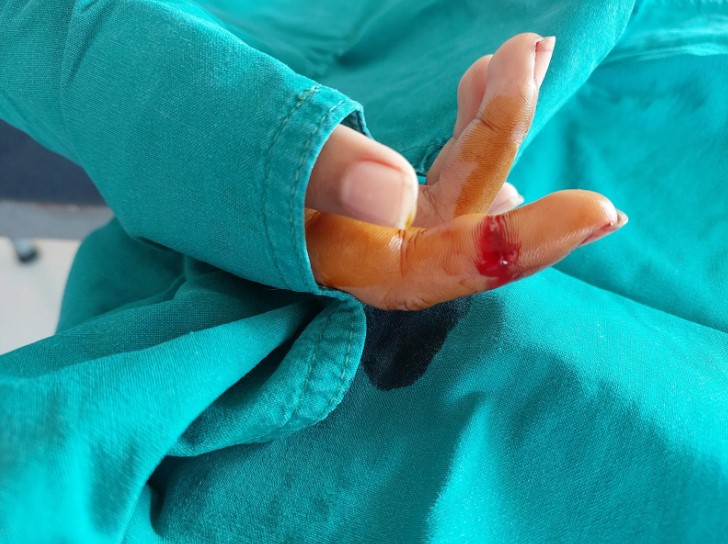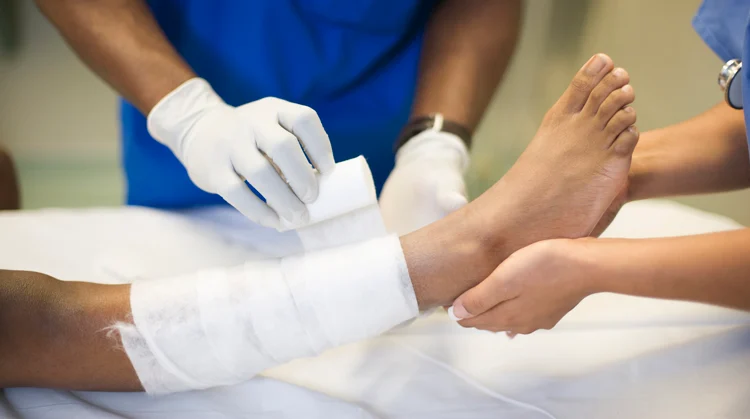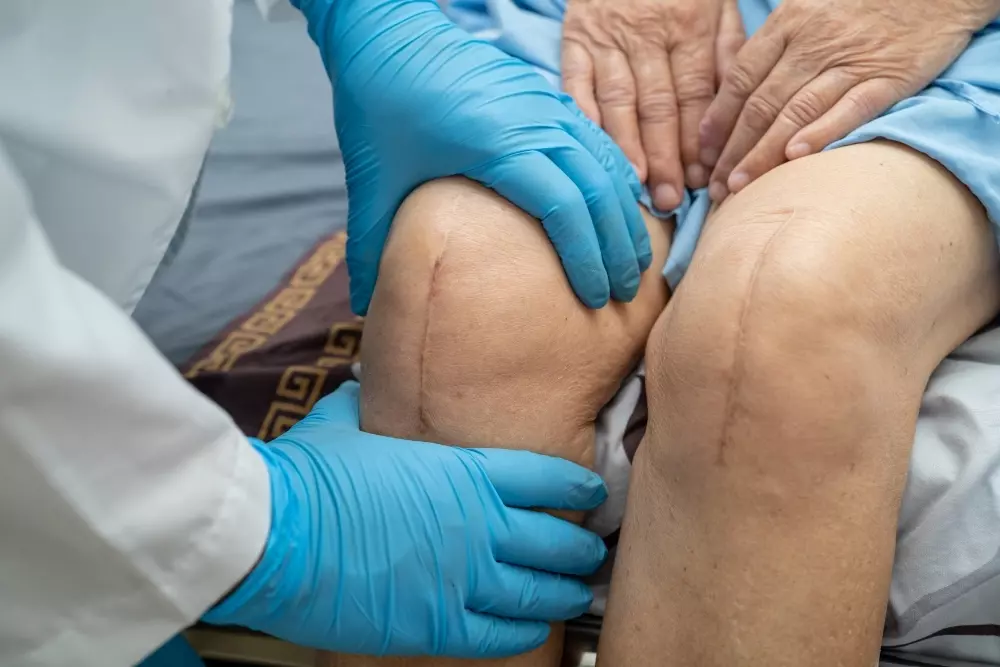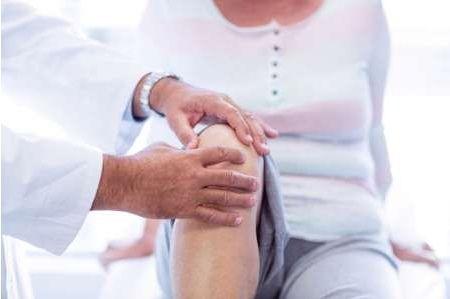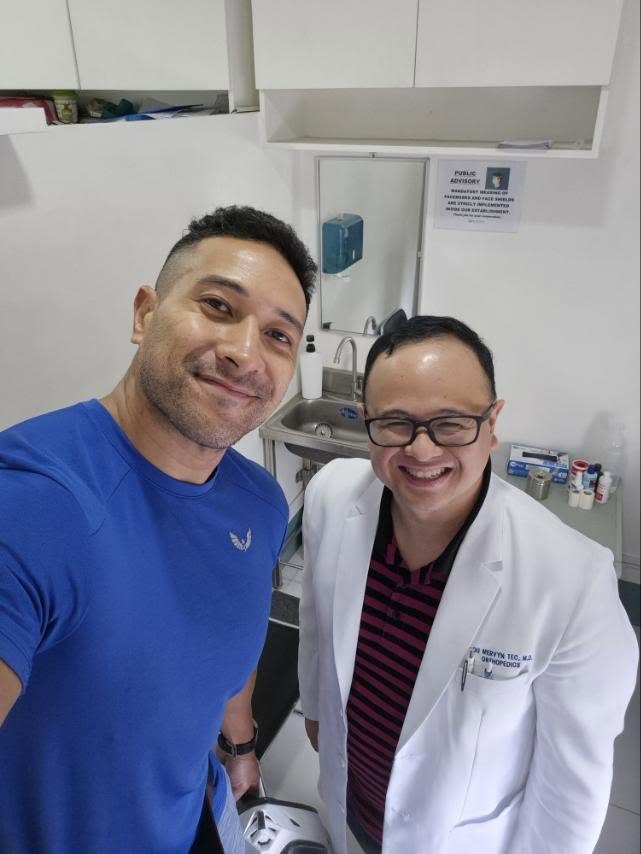Understanding the Role of a Diabetic Wound Doctor
A diabetic wound doctor plays a specialized role in managing wounds that are linked to diabetes. Unlike general practitioners, these specialists focus on the unique challenges caused by high blood sugar levels that slow down healing and increase the risk of infection. Their expertise ensures that diabetic patients receive tailored treatments that go beyond standard wound care. Without proper attention, small cuts or sores in diabetic individuals can quickly progress into serious wounds that threaten mobility and overall health. This is why consulting a diabetic wound doctor early can mean the difference between a manageable condition and one that requires hospitalization. The approach is not only about treating the wound itself but also understanding the underlying causes such as circulation problems or neuropathy. By addressing both the visible wound and the hidden risks, these specialists ensure better long-term health outcomes for patients living with diabetes.
Why Diabetic Wounds are Different from Other Wounds
Diabetic wounds are not the same as ordinary cuts or abrasions. High blood sugar levels damage blood vessels, which leads to poor circulation, and this slows down the delivery of oxygen and nutrients that wounds need to heal properly. Nerve damage, known as neuropathy, often prevents patients from feeling pain in their feet or legs, causing minor injuries to go unnoticed until they become severe. This delay in recognizing the wound creates a higher chance for infection. Additionally, weakened immune responses in diabetic patients make it more difficult for the body to fight bacteria once an infection sets in. These complications explain why diabetic wounds can last for weeks or even months without improvement. Unlike typical wounds, they require structured care from a diabetic wound doctor who can provide specialized treatments to reduce risks of gangrene or amputation. Understanding these differences is crucial for patients and caregivers to appreciate the need for expert diabetic wound care.
Advanced Treatments a Diabetic Wound Doctor Provides
One of the key advantages of consulting a diabetic wound doctor is access to advanced medical techniques specifically designed for complex wounds. Ultrasonic-assisted debridement is one such method that removes dead tissue safely, creating an environment where healthy tissue can grow again. Another widely used treatment is negative pressure wound therapy (NPWT), which uses controlled suction to promote blood flow, reduce swelling, and speed up healing. These therapies go beyond what standard dressings can achieve by directly addressing the biological needs of the wound. A diabetic wound doctor also prescribes custom dressings such as hydrocolloid, alginate, or antimicrobial solutions that keep wounds moist and protected from infection. For patients with recurring ulcers, specialists design long-term management plans that involve regular monitoring and adjustments based on wound progress. These approaches greatly reduce the risks of infection spreading and prevent small wounds from escalating into life-threatening conditions. Such treatments highlight why diabetic wound specialists are essential partners in long-term diabetic care.
Holistic and Patient-Centered Care
A true diabetic wound doctor looks beyond the immediate wound and considers the overall well-being of the patient. Holistic care involves not only advanced medical interventions but also emotional support, patient education, and prevention strategies. Many diabetic patients experience stress, anxiety, or even depression due to the chronic nature of their wounds, and compassionate care can make a significant difference in their recovery journey. Doctors and their teams provide guidance on lifestyle adjustments, such as blood sugar management, proper footwear, and hygiene practices that minimize the risk of recurring ulcers. They also teach caregivers how to handle dressing changes safely at home and recognize early warning signs of infection. By addressing both physical and emotional needs, a diabetic wound doctor helps patients regain confidence and independence in their daily lives. This patient-first philosophy makes diabetic wound care clinics an essential support system for families managing long-term diabetes complications.
Why Choosing the Right Specialist Matters
Not all doctors are trained to handle the complexities of diabetic wounds. Choosing the right diabetic wound doctor ensures that patients benefit from a combination of clinical expertise and compassionate care. A specialist like Dr. Lou Mervyn Tec of Kalingap Wound Care Clinic, for example, integrates international training with advanced techniques such as ultrasonic-assisted debridement and negative pressure wound therapy to deliver precise treatment. Beyond technical skills, the right specialist understands the cultural and personal needs of patients, especially in the Philippines, where family support plays a major role in healthcare. Accessibility and affordability are also important—an expert clinic ensures that high-quality treatments are available to patients from all income levels. Personalized treatment plans designed by specialists take into account the patient’s age, lifestyle, medical history, and wound severity, ensuring safer and faster recovery. By choosing a trusted diabetic wound doctor, patients reduce the risk of amputation, improve healing outcomes, and gain peace of mind knowing they are in capable hands.
Signs You Need to See a Diabetic Wound Doctor
There are clear warning signs that signal when it’s time to consult a diabetic wound doctor. Any wound that doesn’t show signs of healing within two weeks should be evaluated immediately. Redness, swelling, and discharge are strong indicators of infection and should never be ignored. Patients who experience numbness or tingling in their feet or legs are at greater risk of unnoticed injuries, making regular checkups critical. Severe pain or the sudden appearance of ulcers are also urgent reasons to see a specialist. Even wounds that appear small can worsen rapidly in diabetic patients, especially when circulation problems are present. Another red flag is recurring wounds in the same area, which often suggests an underlying condition that requires advanced management. Ignoring these warning signs can result in hospitalization or even amputation, making it essential for diabetic patients to seek professional care as early as possible.
Preventing Complications with Early Intervention
The most effective way to protect diabetic patients from severe complications is through early and consistent intervention. Consulting a diabetic wound doctor at the first sign of trouble allows specialists to apply advanced treatments before infections spread or tissue damage becomes permanent. By cleaning wounds properly, prescribing targeted dressings, and monitoring progress, doctors prevent minor injuries from becoming chronic. Early intervention also reduces the need for surgical procedures, which can be costly and physically demanding for patients with diabetes. Regular visits to a wound care clinic give patients and caregivers access to ongoing education about proper skin care, footwear, and blood sugar management, further reducing the chance of recurrence. Many patients who receive timely care avoid the devastating outcome of amputation, which not only impacts mobility but also overall quality of life. Prevention and early treatment emphasize the importance of making a diabetic wound doctor part of every diabetic patient’s healthcare plan.
Frequently Asked Questions (FAQ)
What does a diabetic wound doctor do?
A diabetic wound doctor specializes in diagnosing, treating, and preventing wounds that develop as a result of diabetes. They apply advanced therapies and create personalized care plans to promote safe, effective healing.
When should I see a specialist for my diabetic wound?
You should seek care if your wound does not heal within two weeks, shows signs of infection, or if you experience recurring ulcers. Early consultation greatly improves recovery outcomes.
Can a diabetic wound doctor help prevent amputation?
Yes. With timely care, advanced treatments, and proper monitoring, a diabetic wound doctor can often prevent infections from spreading and reduce the need for amputation.
Are treatments for diabetic wounds expensive in the Philippines?
Many wound care clinics, including Kalingap Wound Care Clinic, provide affordable packages for diabetic wound management to ensure that expert care is accessible to families from all backgrounds.
What is the difference between a regular doctor and a diabetic wound doctor?
While regular doctors provide general care, a diabetic wound doctor has specialized training in advanced wound management techniques such as ultrasonic-assisted debridement, negative pressure wound therapy, and long-term diabetic ulcer care.

